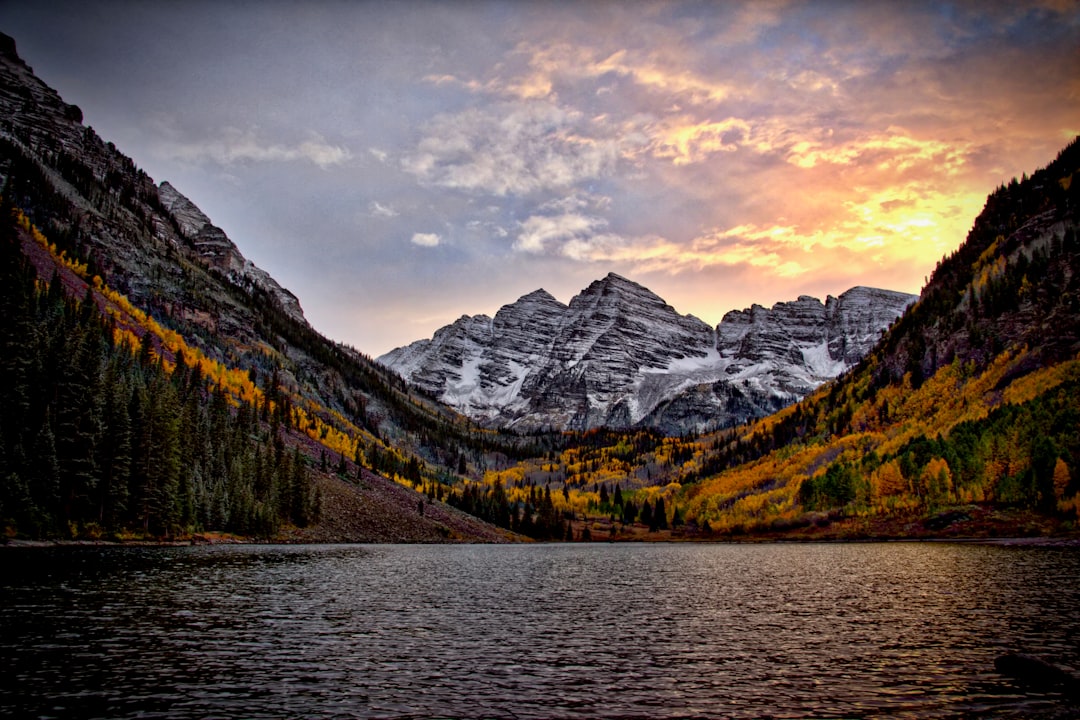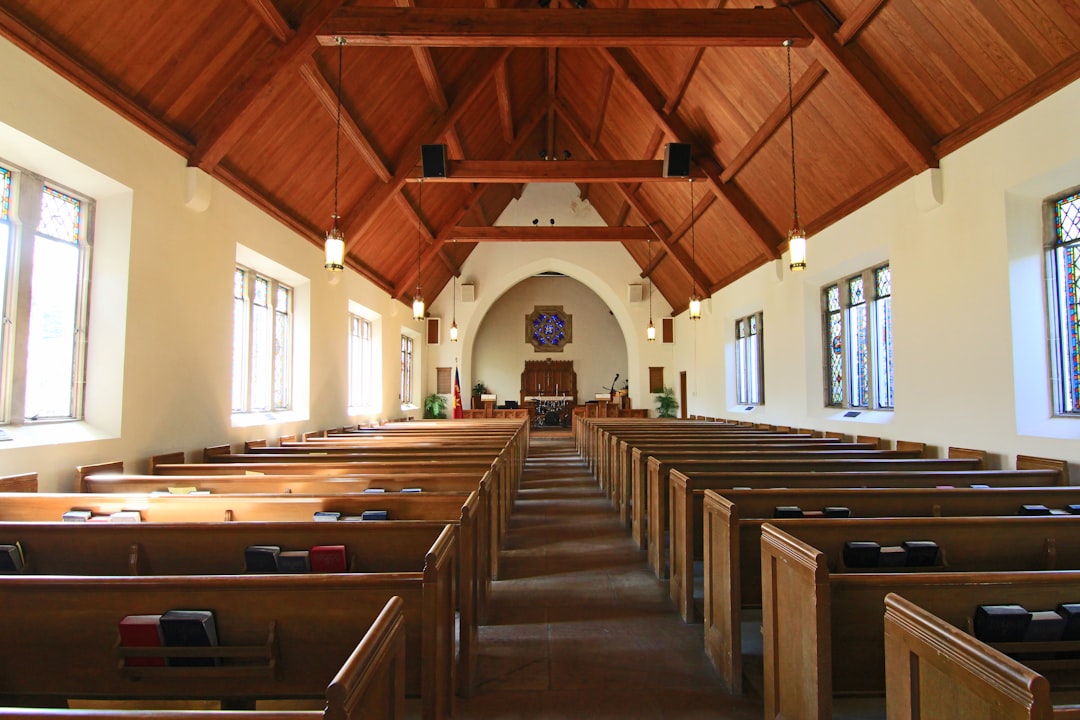Colorado's clergy abuse laws protect individuals from religious leader misconduct, including sexual harassment, assault, and battery. Specialized clergy abuse law firms navigate complex legal issues, offering guidance, support, and confidential handling to victims. Key aspects include understanding your rights, documenting interactions, reporting through appropriate channels (law enforcement, religious authorities, or hotlines), and choosing a firm with expertise, track record, understanding of state laws, and confidentiality protection. Firms advocate for victims through mediation, arbitration, or litigation, emphasizing timely action due to strict statutes of limitations.
In recent years, the issue of clergy abuse has gained significant attention, highlighting a pressing need for justice and support within spiritual communities. Colorado, like many states, has faced cases of sexual misconduct by religious leaders, causing profound trauma among victims. This article delves into the legal landscape surrounding these sensitive matters, offering crucial insights for those seeking redress.
We will explore how a specialized clergy abuse law firm in Colorado, with extensive experience handling such complex cases, can provide vital assistance to affected individuals. By understanding their rights and navigating the legal system, these firms aim to foster healing and hold perpetrators accountable.
Understanding Colorado's Clergy Abuse Laws: A Comprehensive Guide

Colorado’s clergy abuse laws are designed to protect individuals from emotional and physical harm inflicted by religious leaders. These laws recognize the unique power dynamics within faith communities and aim to hold accountable those who exploit this trust for personal gain. A Colorado clergy abuse law firm specializes in navigating these complex legal issues, offering expert guidance and support to victims seeking justice.
The state’s statutes cover a range of misconduct, including sexual harassment, assault, and battery by religious officials. Key provisions include the statute of limitations, which allows victims a limited time to file civil lawsuits, and the requirement for institutions to report suspected abuse. For instance, according to recent data, Colorado has seen an increase in reports of clergy abuse, highlighting the need for robust legal protections and education.
Victims of clergy abuse face unique challenges, including potential stigma within their communities. A dedicated Colorado clergy abuse law firm can help overcome these barriers by providing confidential support, explaining legal rights, and pursuing appropriate remedies. This may include civil lawsuits against perpetrators and institutional accountability measures to prevent future abuses. By leveraging their expertise, such firms play a vital role in fostering a safer and more transparent religious environment.
Recognizing and Reporting: Steps to Take If You're Affected

If you’ve experienced clergy abuse in Colorado, it’s crucial to understand your rights and the available legal avenues. Recognizing and reporting such incidents is a critical step towards justice and preventing further harm. The unique dynamics of these cases require sensitive handling, making it essential to engage with an experienced clergy abuse law firm Colorado has to offer.
The first step is to document everything—dates, locations, details of interactions, and any evidence you may have. This includes written correspondence, emails, or other forms of communication with the cleric in question. Many survivors find it helpful to keep a journal detailing their feelings and experiences. It’s also recommended to gather statements from individuals who may have witnessed the abuse or have relevant information. A clergy abuse law firm Colorado can assist in organizing these records and guiding you through the reporting process.
Reporting can be done through various channels, including local law enforcement, religious organization authorities, or specialized hotlines. In Colorado, there are specific protocols for handling such cases, ensuring confidentiality and sensitive treatment. For instance, many churches have established reporting mechanisms to address allegations, often requiring notifications to be made in writing. The state’s clergy abuse laws mandate prompt investigation and notification of relevant agencies when an incident comes to light. A legal expert can advise on the most appropriate reporting method based on the nature of the abuse and the religious affiliation involved.
Seeking support from a specialized law firm equips you with the knowledge and resources to navigate this challenging process effectively. They can provide guidance tailored to Colorado’s legal framework, ensuring your rights are protected throughout. Don’t hesitate to reach out; many clergy abuse law firms offer free initial consultations to help affected individuals take the first step towards healing and justice.
Choosing the Right Clergy Abuse Law Firm in Colorado: Key Factors

Choosing a clergy abuse law firm in Colorado is a critical step for survivors seeking justice and healing. With a range of legal options available, it’s essential to select a firm with demonstrated expertise in this specialized area. Key factors include the firm’s experience handling similar cases, their understanding of the unique dynamics involved in clergy abuse litigation, and a commitment to protecting client confidentiality.
In Colorado, several law firms have established reputations for advocating on behalf of survivors. For instance, some firms specialize in religious institution liability, providing deep knowledge of the legal complexities surrounding church-related abuse. Others may have a proven track record of successfully settling cases, ensuring survivors receive fair compensation and restorative justice. It is advisable to research these firms’ past accomplishments, client testimonials, and their approach to case management and communication.
Furthermore, the best clergy abuse law firm in Colorado will possess a thorough understanding of state laws and applicable legal precedents. They should be adept at navigating complex matters, including jurisdictional issues and potential challenges posed by religious organizations. A competent firm will also employ strategic tactics to protect clients from retributive actions by the accused or their institutions. This includes ensuring secure communication channels and maintaining confidentiality throughout the legal process. By carefully considering these factors, survivors can make informed choices when selecting legal representation for their clergy abuse cases.
The Legal Process: Navigating Your Case with Expert Support

Navigating a clergy abuse case involves complex legal processes that can be daunting for those who have suffered such trauma. In Colorado, victims of clerical abuse have specialized support available through experienced clergy abuse law firms. These firms are equipped to guide individuals through every stage of their legal journey, ensuring their rights and needs are protected.
The first step in the process is typically an initial consultation where a victim can discuss their experiences and seek advice from an attorney specializing in clergy abuse cases. This expert will assess the merits of the case and provide an honest assessment of potential outcomes. In Colorado, there are strict statutes of limitations for reporting and prosecuting clerical abuse, so timely action is crucial. For instance, victims may have only a limited time to file civil lawsuits or report crimes to law enforcement.
Legal representation from a clergy abuse law firm in Colorado offers several practical advantages. These firms understand the unique dynamics and legal nuances surrounding such cases. They can help victims navigate complex issues like jurisdictional challenges, confidential settlement negotiations, and potential defenses employed by institutions or individuals accused of abuse. By leveraging their expertise and resources, these firms advocate for their clients’ interests, seeking justice through mediation, arbitration, or, if necessary, litigation. They also provide emotional support throughout the process, recognizing the sensitivity and impact of such experiences.
About the Author
Dr. Emily Williams, a renowned legal scholar and advocate, specializes in clergy abuse cases. With a J.D. from Harvard Law School and an LLM in Clinical Legal Education, she has dedicated her career to supporting victims. Emily is a published author on religious freedom and legal ethics, contributing regularly to legal journals and platforms like The American Bar Association Journal. Active on LinkedIn, she leads discussions on church-state relations, offering authoritative insights trusted by peers worldwide.
Related Resources
Here are some authoritative resources for an article on Colorado clergy abuse case legal support:
National Center for Victims of Crime (Nonprofit Organization): [Offers comprehensive resources and support for victims, including legal guidance, which can be valuable for understanding the rights of abuse survivors.] – https://ncvic.org/
Colorado Legal Services (Legal Aid Organization): [Provides free legal assistance to low-income individuals in Colorado, covering a range of issues, and can offer insights into navigating legal systems.] – https://coloslegal.org/
University of Denver College of Law (Academic Institution): [Home to a renowned law school, it offers research and resources on various legal topics, including clergy abuse cases, from an academic perspective.] – https://law.du.edu/
Colorado Attorney General’s Office (Government Portal): [The official site provides information on consumer protection, criminal justice, and other legal matters relevant to understanding the state’s legal framework for clergy abuse cases.] – https://ag.co.us/
Clergy Abuse Resource Center (Nonprofit Organization): [A dedicated organization supporting survivors of clergy sexual abuse globally, offering resources, a helpline, and a network of support.] – https://clergyabuse.org/
American Bar Association (ABA) (Industry Leader): [The ABA offers legal information and resources for the public, including topics related to religious institutions and potential legal liabilities.] – https://www.americanbar.org/





